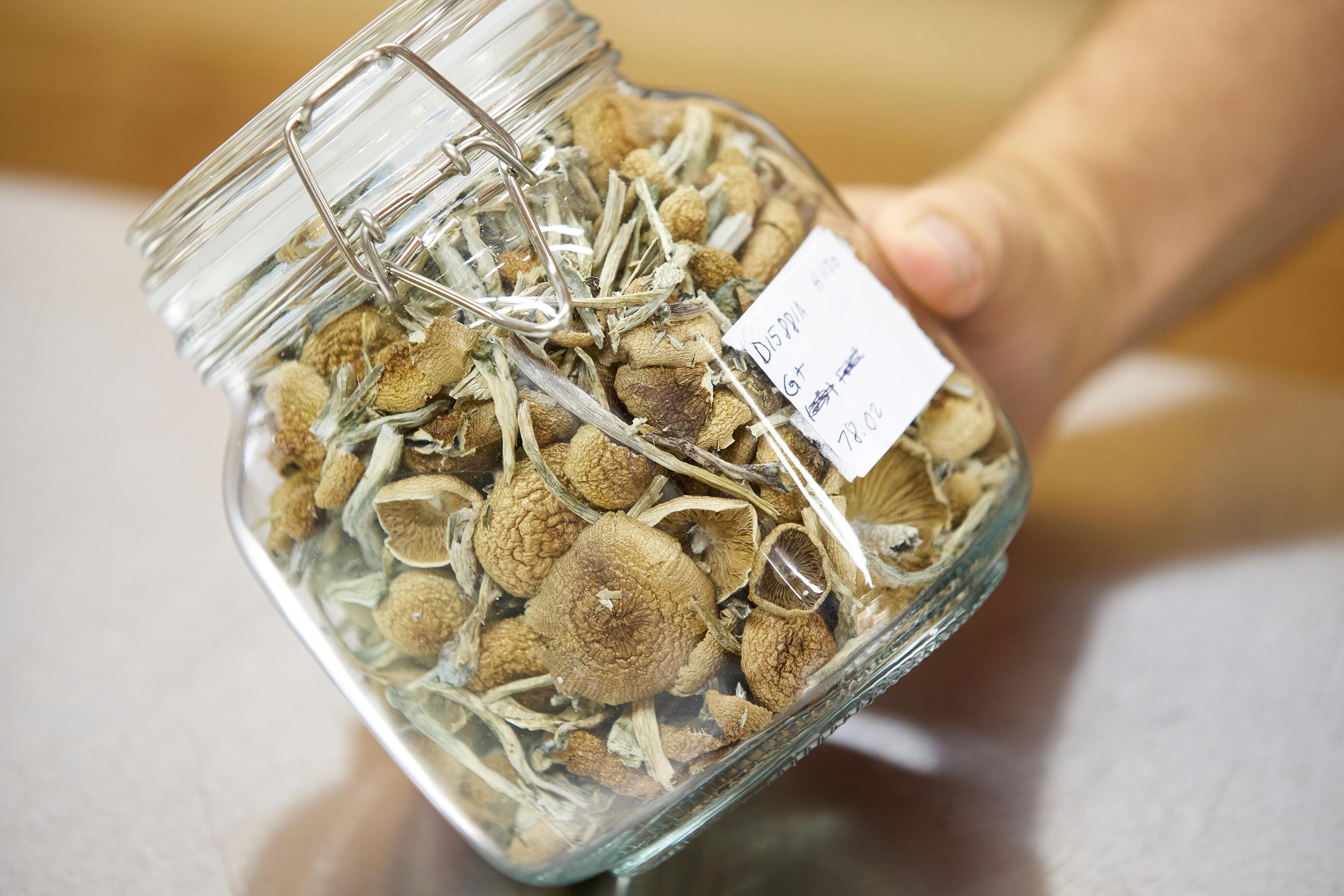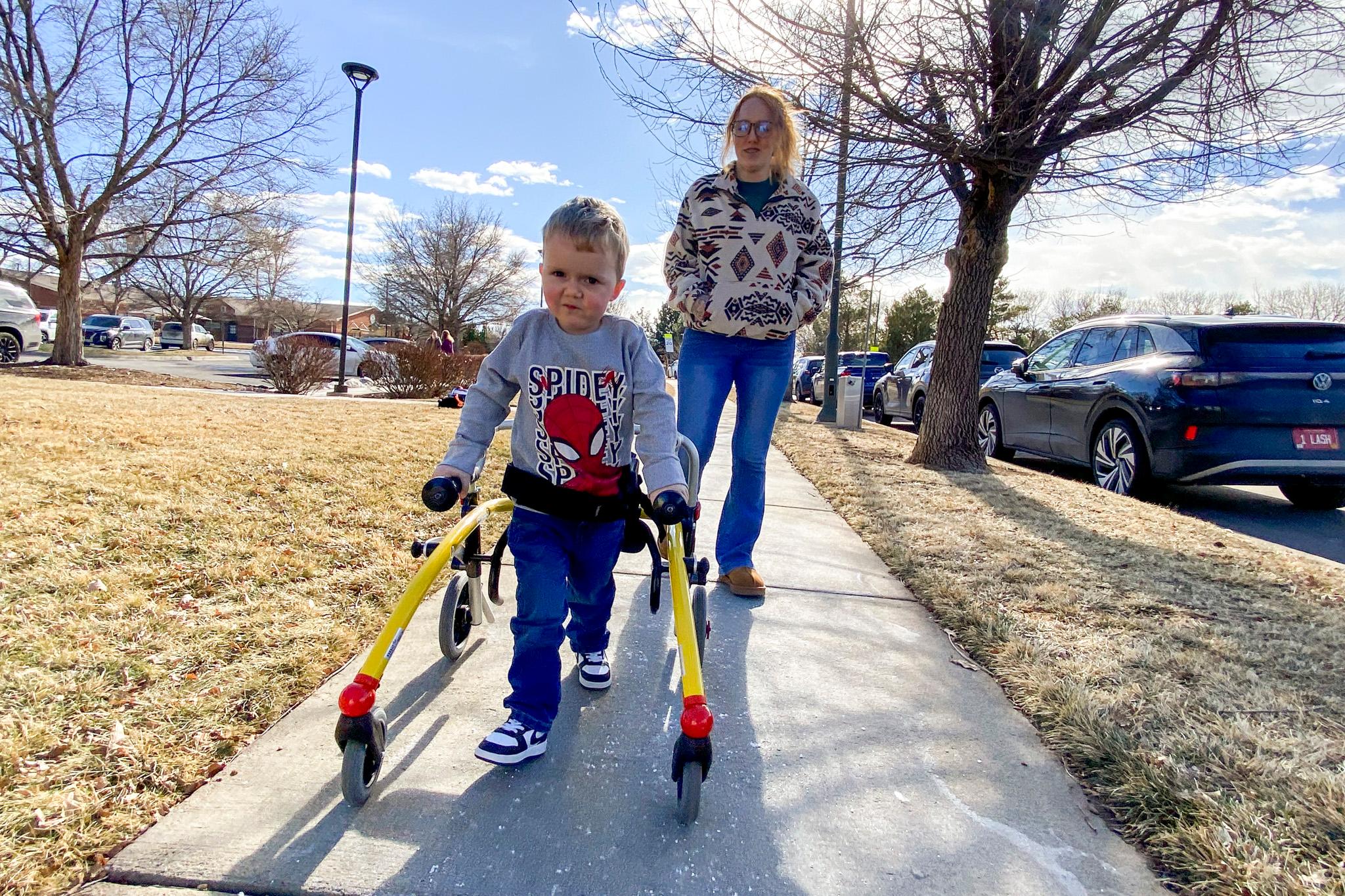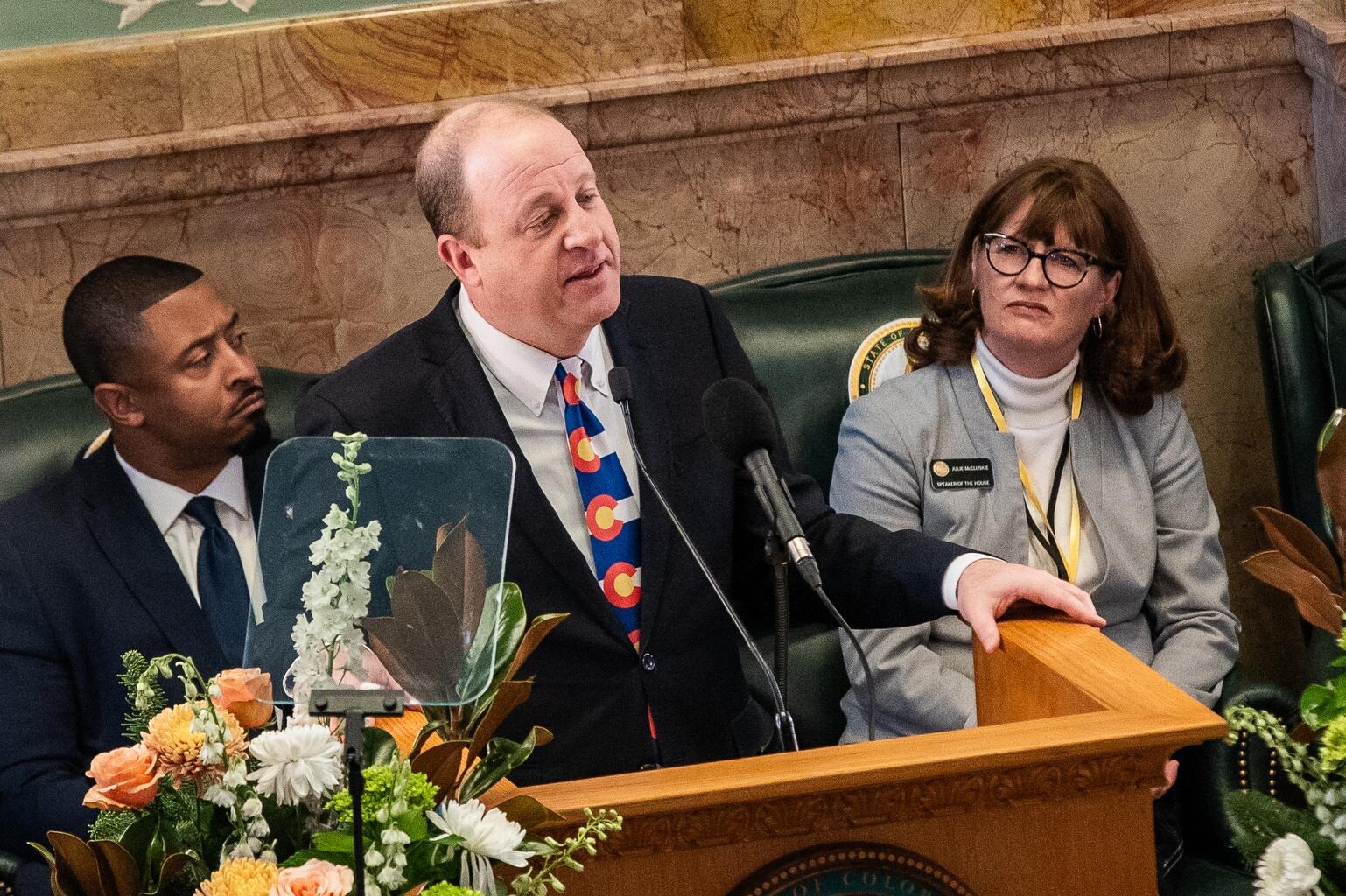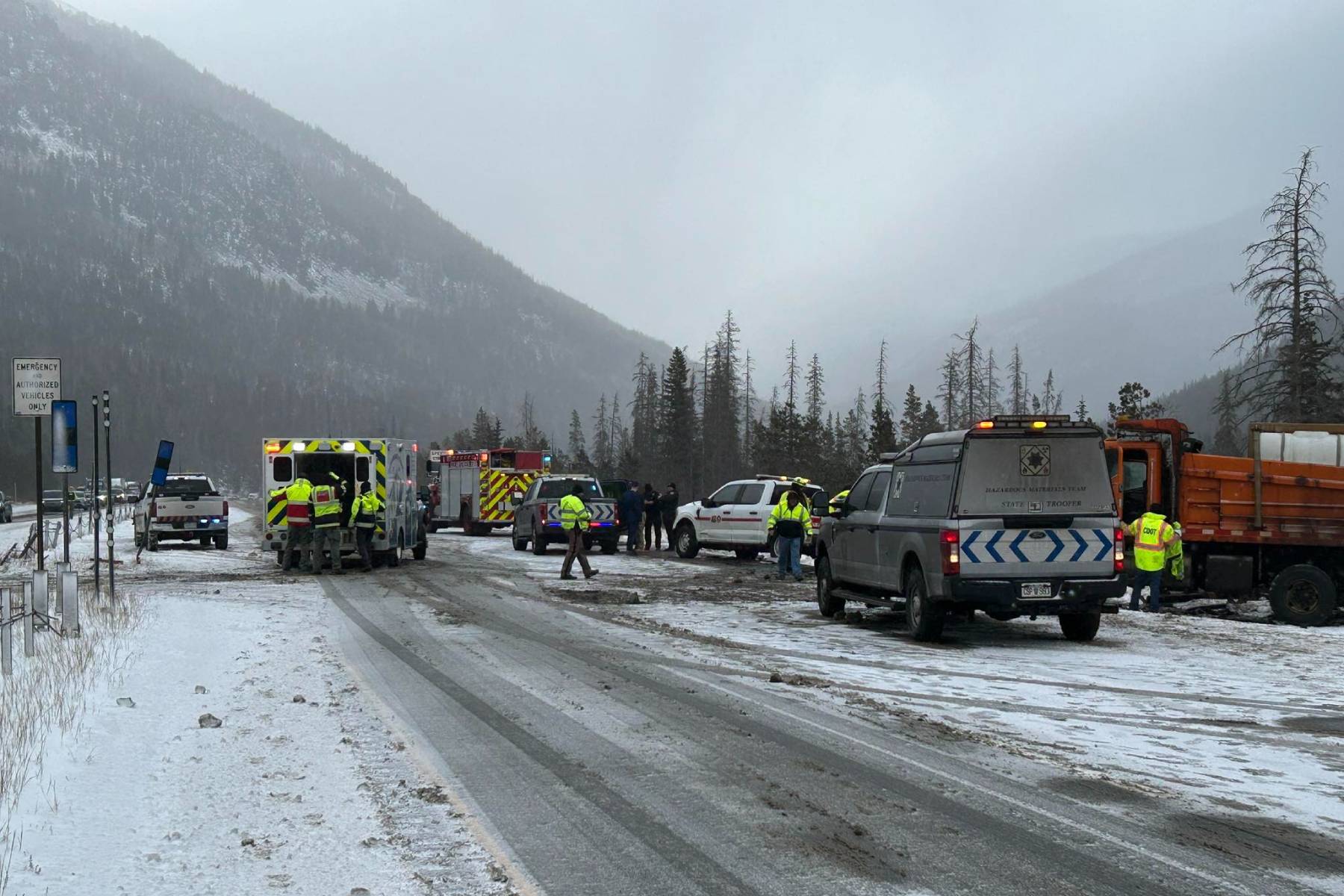
This story is part of The Trip, a CPR News series on Colorado’s new psychedelic movement. Read more here.
A local psychedelics campaign by public health advocates is focusing on health and safety. As Colorado begins to allow psilocybin healing centers to operate, some are raising concerns that the public may not fully understand the risks involved with using psychedelics.
Kristen Nash is co-founder of the Coalition for Psychedelic Safety and Education. Drawing from her background in public health, particularly in HIV education, Nash launched the group to address what she sees as a growing gap between public enthusiasm for psychedelics and their healing properties versus critical safety information.
Nash’s concern is deeply personal. Five years ago, she lost her 21-year-old son in a psychedelics-related accident. She says neither the people who were with him at the time nor the campus security officers who arrived knew how to safely manage the situation.
That experience inspired her to launch the Before You Trip campaign.
“When I suffered that loss — of course, as a grieving parent but also as a professional — I just saw that we were in a moment of exuberance, lots of excitement due to clinical research and policy reform and people's personal experiences,” Nash said. “And at the same time, so much of the headlines and the coverage and the public discourse didn't talk about risk and didn't talk about important harm reduction strategies.”
The campaign is aimed at young adults between the ages of 19 and 30 and primarily reaches them on Instagram.
“It's important and exciting that we're shifting away from criminalization approaches, but when we do that, we have a responsibility to provide safeguards and education,” Nash said. “We're encouraging critical thinking and informed decision-making because we know young people are going to make their own decisions anyway. So we may as well give them essential information first to even make the decision and second to reduce harm.”
Using local influencers and Gen Z voices, the campaign focuses on trusted, relatable messengers who can connect with young audiences.
“What's really interesting is drug use overall among young people is going down, but use of psychedelics and cannabis specifically are going up,” Nash explained. “Psychedelics don't have physiologic toxicity, obviously, in the way that fentanyl does, but there are other risks.”
A key component of the campaign’s messaging is what they call the “Four S’s” — set, setting, substance, and support.
“Somebody going into a psychedelic experience needs to think about: What's my mindset? Am I good to go? Am I in a safe place? What substance am I taking? And that's so critical,” said Nash. “On our website, people can learn about the different risk-benefit profiles of different substances, from MDMA to LSD to psilocybin. They're really different.”
“And finally, never go alone. Always have a trusted sober person who can help if needed,” she said.
Recreational or unregulated use and safety
Although much of the conversation in Colorado is centered on the therapeutic benefits of psychedelics, Nash points out that most current use is happening outside of clinical or regulated environments.
“I think that's where a campaign like this comes in. It's just a reality-based support system of information to sort of guide people who, again, often are coming from the mainstream, she said. “So they're new to the substances, and they don't come from informed subcultures of knowledge. So it's again, meeting people where they are with information they need,” she said.
The pilot phase of Before You Trip wrapped up in June, but Nash has ambitions to expand its reach nationally.
“Ten million Americans used a psychedelic last year, and 9 percent of 19- to 30-year-olds used one. So use is increasing,” she said. “The vast majority of that is outside of clinical settings. Yet awareness of risk and how to reduce risk is lagging. So public health education can help bridge that gap.”
Resources for safe psychedelic use are available at BeforeYouTrip.org. The campaign launched locally this spring and hopes to expand.
The Trip: Alejandro A. Alonso Galva is the project editor. Carl Bilek is the executive producer for Colorado Matters. Megan Verlee provided editorial guidance. Shelby Filangi produced this digital piece.









